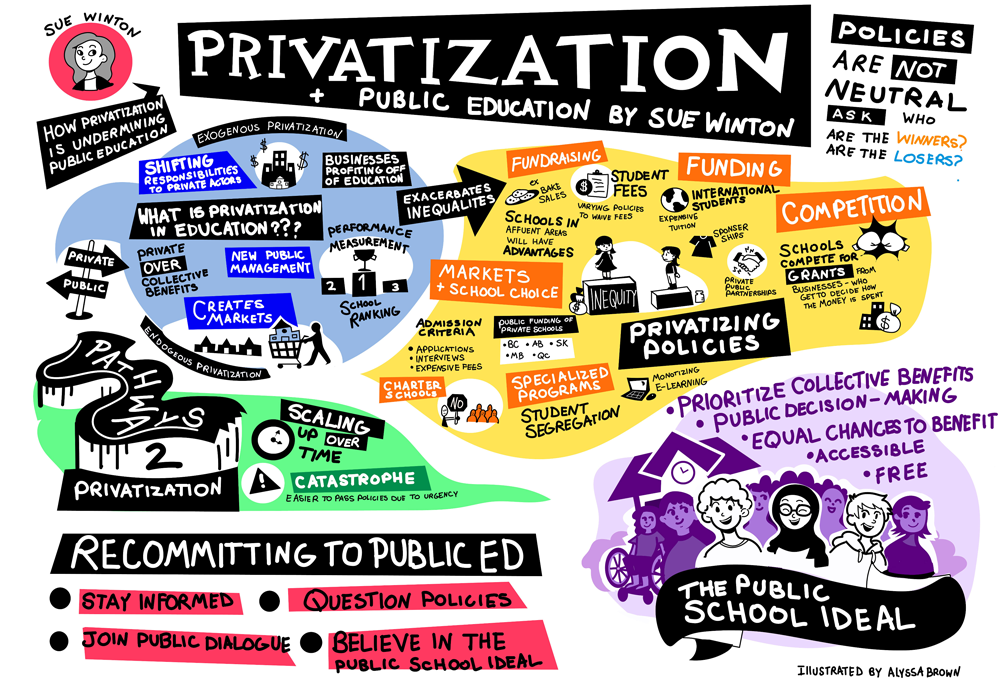York University has joined together with five other organizations to create the Public Education Exchange (PEX), an initiative to investigate the future of public education by making research more available, providing policymakers with valuable insights and engaging the public.
Sometimes organizations are formed from a single source of inspiration – an idea, a spark, a challenge, a singular moment or movement. PEX’s inception was not triggered by a single event, but a recent shift in public education.
Private actors – whether parents, religious institutions, businesses or other non-governmental organizations – have become increasingly involved in public education systems. In tandem, there has been the emergence of new policies and practices in public schools that risk undermining public education and exacerbating inequalities.

With this shift, information and dialogue is needed, but hasn’t always been available. PEX was created to help provide that.
“The decision to pursue the PEX came from the challenges I faced accessing research on education privatization across Canada and concerns about the possibility for accelerated privatization during the COVID-19 pandemic,” says Sue Winton, the PEX project director, York Research Chair in Policy Analysis for Democracy and a professor in the Faculty of Education.
PEX is a collaboration between the University of Windsor, the University of Manitoba, the Canadian Teachers’ Federation, the British Columbia Teachers’ Federation and the Canadian Centre For Policy Alternatives. The joint effort secured funding from a Social Sciences & Humanities Research Council Partnership Development Grant in the spring of 2023 to pursue its mission of connecting researchers, advocates, policymakers, and the public to foster dialogue and knowledge exchange. “It’s about making information accessible to everyone and creating spaces for meaningful conversations,” Winton asserts.

The initiative is still in its early stages, with plans to build a network of collaborators, researchers and advocates across the country, but it has already made notable progress. For instance, the project’s website serves as the online hub for the network and features information and resources. However, Winton envisions the PEX as more than just a website; it will be a dynamic network of individuals engaging through online webinars, in-person meetings and community-based dialogues.
Through these offerings, Winton explains, PEX will look to advocate for a robust public education system that prioritizes collective benefits over individual gains. “We believe in highlighting the successes and potentials of public education while pointing out the potential damage caused by privatization policies,” she says. “The focus is on fostering a system that embodies equity, reflects democratic values and prioritizes the collective well-being of society.
“I truly believe that by coming together and sharing our insights, we can shape a future where public education remains a cornerstone of our democratic society,” she adds.


